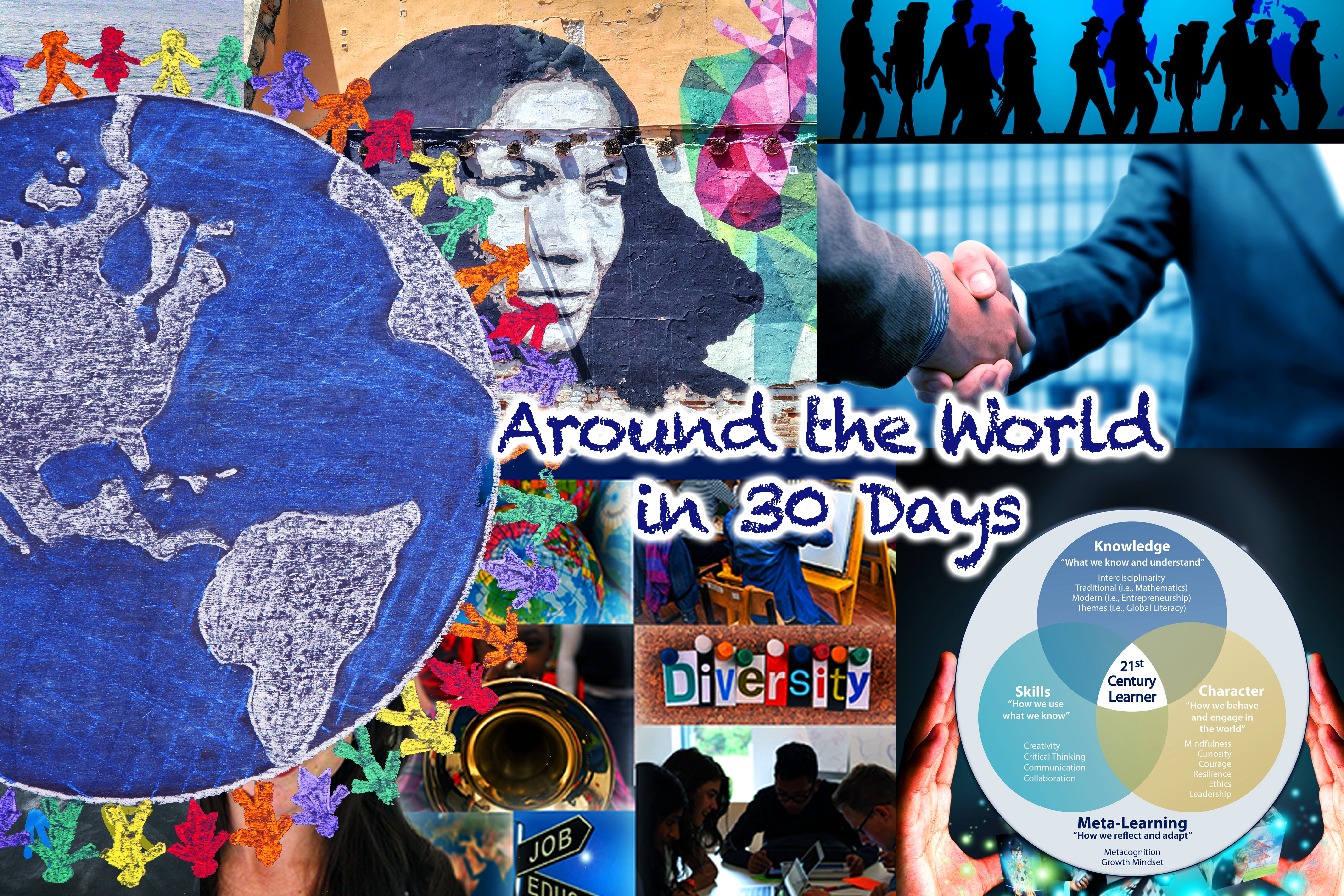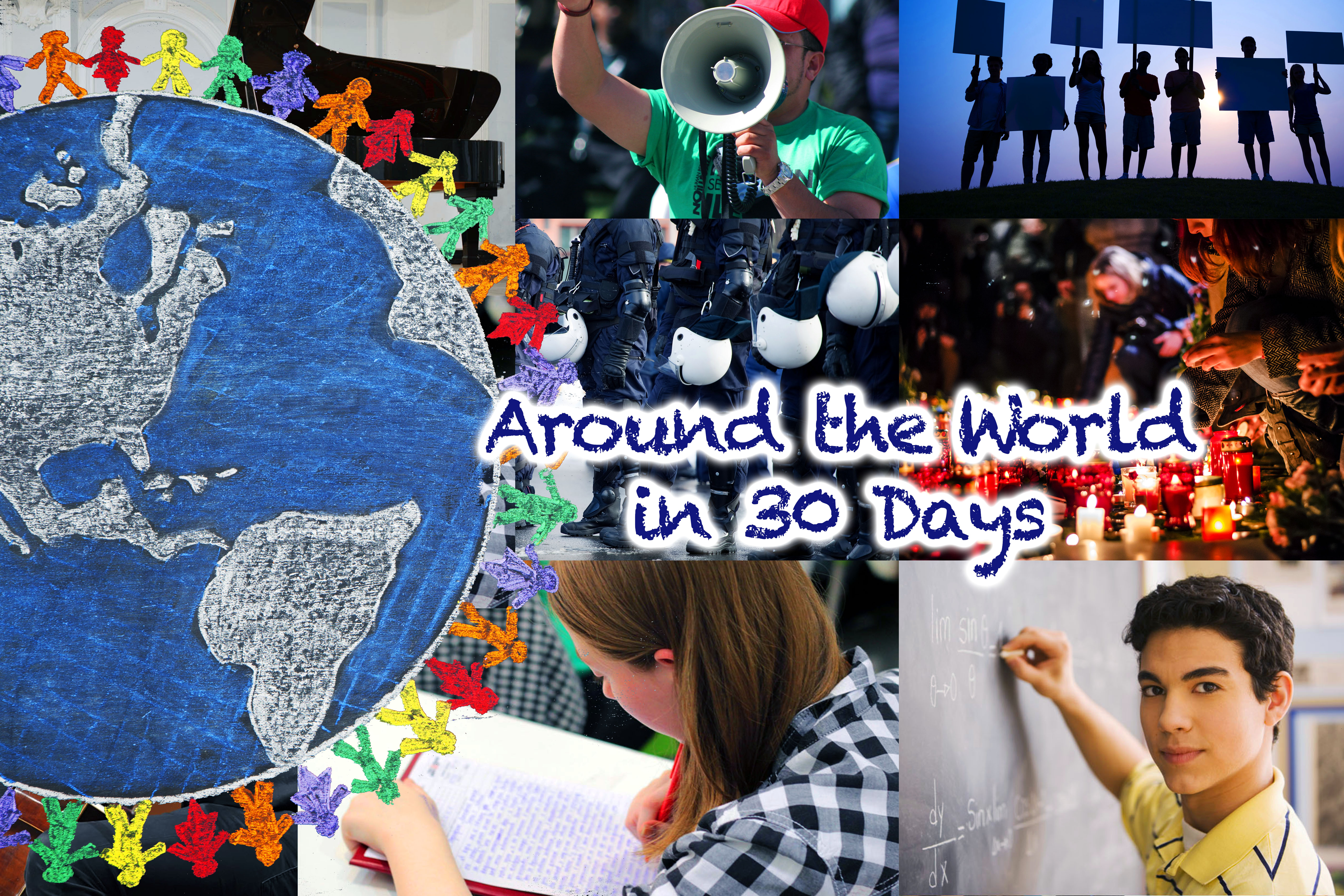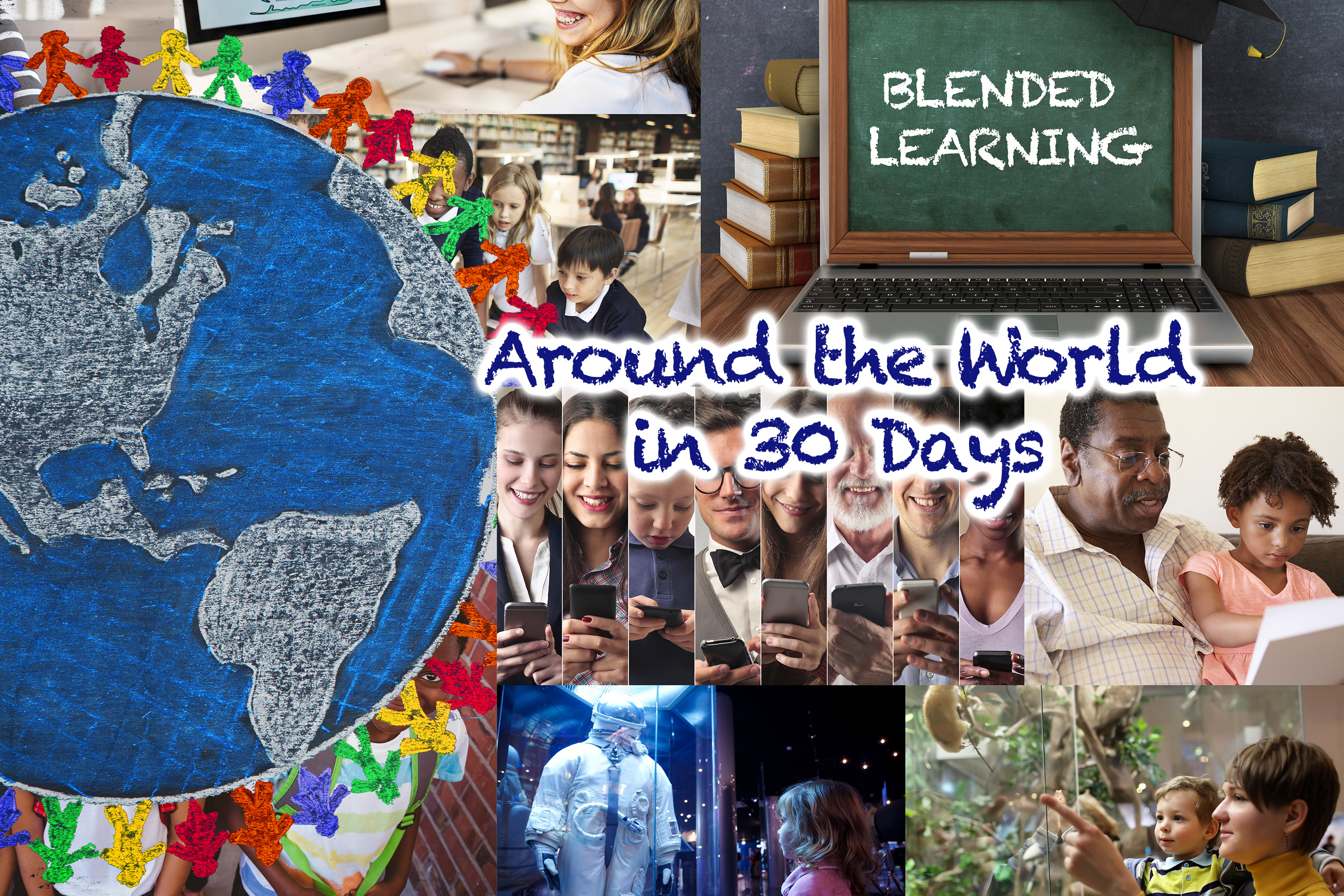A recent survey conducted by the Pew Research Centre showed that only 16% of Americans think that a four-year degree course prepares students very well for a high-paying job in the modern economy. Ongoing technological change means jobs we do today will probably not be here tomorrow. Additionally, the growing gap between employer needs and what education provides would suggest that ongoing learning is becoming now (more than ever) the norm.
Are today’s youth ready for lifelong learning and what are their expectations? According to the 2016 Deloitte Millennial Survey, work/life balance and opportunities to progress are among leading factors (beyond pay and financial benefits) for evaluating job opportunities. Such factors signal an appreciation for lifelong learning within organizations that promote a collaborative work environment. In fact, 76 percent of millennials prefer a more creative, inclusive culture rather than an authoritarian, rules-based work approach. Millennials globally reported greater work satisfaction that supported positive values, such as: open and free-flowing communication; mutual support and tolerance; and a strong commitment to equality and inclusiveness.”
Our Millennial Bloggers are based all over the world. They are innovators in entrepreneurship, journalism, education, entertainment, and academic scholarship. So naturally we asked them to weigh in.
“Millenials embrace many of the taboos of the past because they have engaged in a form of life-long learning not available to previous generations,” writes Jacob Navarrete. “‘That’s just how we do it’ doesn’t hold up in a learning-driven world with open sourced information. Learning helps us to answer why. It gives us the opportunity to check our starting points. See what we think of the world and our place in it.” Read: Nothing you can say will change my mind.
“Millennials everywhere are undoubtedly more tolerant and informed than the generations before them. Their beliefs and attitudes however depend much more on the environments they are brought up and educated in than in their generational ties,” writes Sajia Darwish. Read: We dance to Bollywood beats, dress up for Eid and say Happy New Year more than five times during an academic year.
“Millennials are all about relationships—ones that are built on trust, communication, collaboration, and commonalities,” writes Isadora Baum. “Being experimental and adventurous in today’s age is the best way to master success and growth, encouraging employees to engage in lifelong learning.” Read: How a Positive Office Environment Can Increase Work Satisfaction
“Diversity allows us to have a variety of perspectives that encourages innovation, and a stimulating work environment that resembles the globalized world we live in today,” writes Bonnie Chiu. Read: Building and Sustaining a Global Community of Millennial Changemakers
“Although formal education and degrees are crucial ways to gain knowledge, I strongly believe learning can be found in most experiences, interactions, and jobs. That being said, there are definitely some job prospects and organizations that lend themselves more easily to personal growth and development,” says Kamna Kathuria. Read: Foregone Profits and What We Choose Instead
“The measurement of achievement is important data to understanding how students can improve their work and how schools can improve their instruction,” writes Francisco Hernandez in his exclusive interview with blended learning expert Michael Horn. Read: Learning’s New Horizon: An Interview with Michael Horn
“Traits like creativity, intelligence, curiosity etc. are innate, we often unlearn them as we grow older through society’s rules and dogmas,” writes Alusine Barrie. “‘We are all born lifelong learners’ and that it is never too late to awaken that innate blessing. Never stifle a child’s curiosity. Encourage children to ask questions. Give them many opportunities to learn and help them find answers to their most bizarre curiosities. That way, they may grow to become strong lifelong learners.” Read: My journey so far as a lifelong learner
“We need, if we are to ‘be the change we want to see,’ to start by reclaiming the power of uncertainty and reveling in everything we do not know today, with the (sometimes kept, sometimes deferred) intention to learn it tomorrow, and perhaps change our minds about why we do what we do along the way,” writes Harmony Siganporia. Read: Learning from a learner who knew that to learn was to live
The Millennial Bloggers are Alusine Barrie, Sajia Darwish, Kamna Kathuria, Jacob Deleon Navarrete, Reetta Heiskanen, Shay Wright, Isadora Baum, Wilson Carter III, Francisco Hernandez, Erin Farley, Dominique Alyssa Dryding, Harry Glass, Harmony Siganporia and Bonnie Chiu. These remarkable young people have produced shows and founded companies. They have been featured on Forbes ‘Asia 30 Under 30’ list and honored by Asian Women of Achievement Awards. They have been awarded numerous scholarships and fellowships. They hold Bachelors, Masters, and Doctoral degrees. They run schools and train educators in underprivileged communities. They have taught all over the globe in environments ranging from maximum security prisons to elementary schools.
(Photos are courtesy of CMRubinWorld)
Join me and globally renowned thought leaders including Sir Michael Barber (UK), Dr. Michael Block (U.S.), Dr. Leon Botstein (U.S.), Professor Clay Christensen (U.S.), Dr. Linda Darling-Hammond (U.S.), Dr. MadhavChavan (India), Professor Michael Fullan (Canada), Professor Howard Gardner (U.S.), Professor Andy Hargreaves (U.S.), Professor Yvonne Hellman (The Netherlands), Professor Kristin Helstad (Norway), Jean Hendrickson (U.S.), Professor Rose Hipkins (New Zealand), Professor Cornelia Hoogland (Canada), Honourable Jeff Johnson (Canada), Mme. Chantal Kaufmann (Belgium), Dr. EijaKauppinen (Finland), State Secretary TapioKosunen (Finland), Professor Dominique Lafontaine (Belgium), Professor Hugh Lauder (UK), Lord Ken Macdonald (UK), Professor Geoff Masters (Australia), Professor Barry McGaw (Australia), Shiv Nadar (India), Professor R. Natarajan (India), Dr. Pak Tee Ng (Singapore), Dr. Denise Pope (US), Sridhar Rajagopalan (India), Dr. Diane Ravitch (U.S.), Richard Wilson Riley (U.S.), Sir Ken Robinson (UK), Professor Pasi Sahlberg (Finland), Professor Manabu Sato (Japan), Andreas Schleicher (PISA, OECD), Dr. Anthony Seldon (UK), Dr. David Shaffer (U.S.), Dr. Kirsten Sivesind (Norway), Chancellor Stephen Spahn (U.S.), Yves Theze (LyceeFrancais U.S.), Professor Charles Ungerleider (Canada), Professor Tony Wagner (U.S.), Sir David Watson (UK), Professor Dylan Wiliam (UK), Dr. Mark Wormald (UK), Professor Theo Wubbels (The Netherlands), Professor Michael Young (UK), and Professor Minxuan Zhang (China) as they explore the big picture education questions that all nations face today.
The Global Search for Education Community Page
C. M. Rubin is the author of two widely read online series for which she received a 2011 Upton Sinclair award, “The Global Search for Education” and “How Will We Read?” She is also the author of three bestselling books, including The Real Alice in Wonderland, is the publisher of CMRubinWorld and is a Disruptor Foundation Fellow.
Follow C. M. Rubin on Twitter: www.twitter.com/@cmrubinworld







Recent Comments